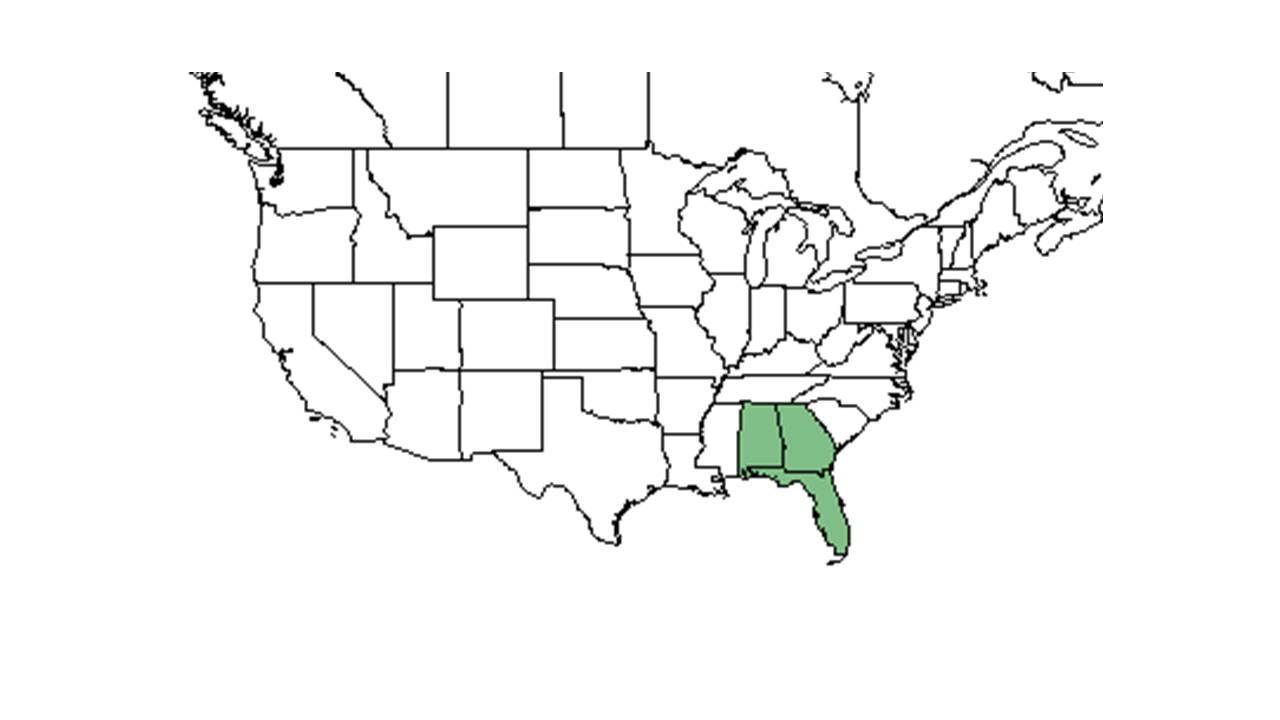Difference between revisions of "Agalinis divaricata"
| Line 25: | Line 25: | ||
==Ecology== | ==Ecology== | ||
===Habitat=== <!--Natural communities, human disturbed habitats, topography, hydrology, soils, light, fire regime requirements for removal of competition, etc.--> | ===Habitat=== <!--Natural communities, human disturbed habitats, topography, hydrology, soils, light, fire regime requirements for removal of competition, etc.--> | ||
| − | Agalinis tenuifolia commonly grows in distrubred sites, including clear cut areas. Large populations may also be found growing at the margins of ditches and in other wet or moist habitats | + | Agalinis tenuifolia commonly grows in distrubred sites, including clear cut areas. Large populations may also be found growing at the margins of ditches and in other wet or moist habitats. <ref name="mussel and man"> |
===Phenology=== <!--Timing off flowering, fruiting, seed dispersal, and environmental triggers. Cite PanFlora website if appropriate: http://www.gilnelson.com/PanFlora/ --> | ===Phenology=== <!--Timing off flowering, fruiting, seed dispersal, and environmental triggers. Cite PanFlora website if appropriate: http://www.gilnelson.com/PanFlora/ --> | ||
Revision as of 15:55, 8 June 2015
| Agalinis divaricata | |
|---|---|

| |
| Scientific classification | |
| Kingdom: | Plantae |
| Division: | Magnoliophyta - Flowering plants |
| Class: | Magnoliopsida - Dicotyledons |
| Order: | Scrophulariales |
| Family: | Scrophulariaceae |
| Genus: | Agalinis |
| Species: | A. divaricata |
| Binomial name | |
| Agalinis divaricata (Chapm.) Pennell | |

| |
| Natural range of Agalinis divaricata from USDA NRCS Plants Database. | |
Contents
Description
Distribution
Agalinis tenuifolia is the most widely distributed throughout eastern North America [1]
Ecology
Habitat
Agalinis tenuifolia commonly grows in distrubred sites, including clear cut areas. Large populations may also be found growing at the margins of ditches and in other wet or moist habitats. <ref name="mussel and man">
Phenology
Seed dispersal
Seed bank and germination
Fire ecology
Pollination
Use by animals
Diseases and parasites
Conservation and Management
Cultivation and restoration
References and notes
Photo Gallery
- ↑ "L. J. and W. F. Mann, Jr (1978). Root parasites of southern forests. , USDA Forest Service, Southern For. Exp. Station, New Orleans, LA. Gen. Tech. Rpt. SO-20. : 76."